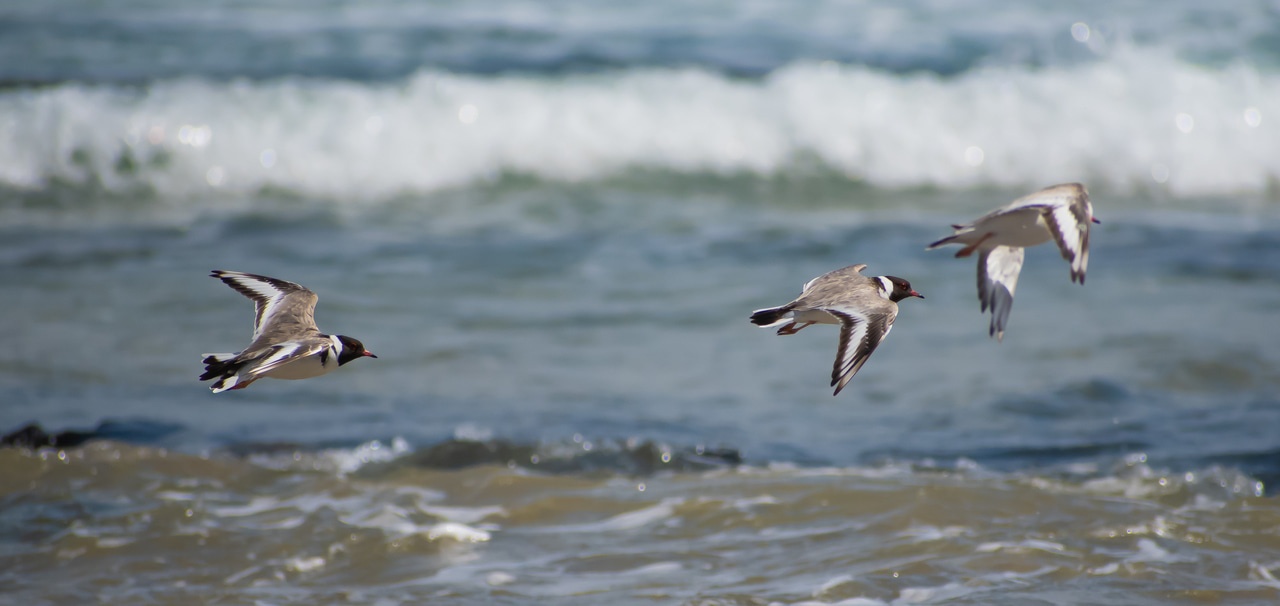I created Lonely Conservationists after feeling overwhelmed with the challenges of the conservation industry in January 2019. What started as a platform to share my story about hurdles that I have overcome in the conservation space, evolved into a community of over three thousand global conservationists who also experienced challenges in their work, study, volunteering or livelihoods within the industry.
In 2019, fifty of these global conservationists shared their stories of the hurdles they have overcome and although many of these hurdles were similar to ones I had experienced in the past, there were also challenges which were discussed that I had never encountered in my lifetime. A story that has stuck with me was a tale of a student conducting bird surveys in a low socio-economic suburb in America. Unknowingly, his transect followed the path of a man who proceeded to turn around and point a gun at him, thinking the student was following him. As a birder myself in Australia, I have never had to worry about whether I would make it back from my bird watching alive, and I felt overwhelmed with the sheer complexities of the issues conservationists face around the world.
Sifting through the blogs again with an analytical frame of mind, I noticed that the most common theme mentioned in the blogs by women was the behaviour of their superiors whether they be teachers, supervisors or bosses. Instances of bullying or doubt by superiors was the most frequently noted negative association with the industry and instances of encouragement and belief shown by superiors was the most frequent source of inspiration for conservationists. From these anecdotes, it highlights just how important the role of superiors are in terms of well-being for conservationists. The people submitting blogs were resilient enough to stay in the industry despite bullying, but it leads me to question how many potential conservationists were discouraged due to bullying at work or school. I wonder how many people would still be in the industry, had they experienced more positive interactions throughout their work or study?
Both the negative and positive interactions matter so intensely because of the sheer amount of impostor syndrome amongst individuals in conservation, regardless of gender, job or qualifications. Likely due to the amount of unpaid work in the industry and the lack of understanding by family and friends, conservationists are rarely valued for their work and the gratification they receive is mostly rewarded by nature itself. Impostor syndrome is so intense in my community, that on many occasions, individuals have expressed that they are not “good enough” “experienced enough” or “qualified enough” to talk about the hurdles they have experienced in the industry. It is only after a year of being in the community that some conservationists feel valid and safe enough to know they will be rewarded for talking freely about their experiences. Making conservationists feel valid in their careers despite their experience, qualifications or involvement leads to great contributions which otherwise would not be shared.
When I first realised the sheer quantity of people that also felt disheartened within the conservation industry, I felt an immense pressure to provide for this new community of Lonely Conservationists. I felt like I needed to provide employment and mental health solutions for their problems, but after a year of working with the community I realised the power of the community itself. I didn’t need to provide anything more than a safe space for these people to feel united and surrounded by like-minded people, to collaborate and share ideas and to form friendships and communities in their local areas. I have since started to take this concept and hold regular localised meetings offline, in the real world. It has been incredible to get together, discuss issues that those outside of conservation do not understand and to feel a little less lonely in the field. This has been the greatest solution to improving the well-being of conservationists I have discovered yet. It turns out that all Lonely Conservationists need, is to feel a little less lonely.






Please sign in or register for FREE
If you are a registered user on WildHub, please sign in
Hi Jessie, you are addressing an important career development theme for conservation professionals, especially early in their career.
It would be easy to say that there is, to some extent, a need to 'ride out' the negativity and prejudice in the early years, and while this is true to some degree, some of these barriers and constraints are so endemic that people can see know a better way through, or in a worst case, choose to leave the profession. My personal view is that people need to learn how to handle this negativity better. If we become 'more professional at being more professional' (in other words, we carefully learn the skills rather than absorbing insight by osmosis), then we can flush out bad behaviour by others and start to make it dissappear.
I was wondering, do you have approaches which the people that you encounter find very helpful for developing these self-management and inter-personal skills?
Hi Jessie,
You raise some fascinating points. What have you learned from Lonely Conservationists about how conservation practitioners can effectively disrupt a bullying dynamic or bullying culture? I'm curious how we can support our colleagues who are being bullied, how we can productively confront colleagues who are bullying others, and how our organizations can create cultures where criticism is constructive and power dynamics don't become harmful. Thanks!